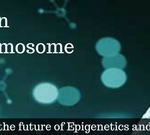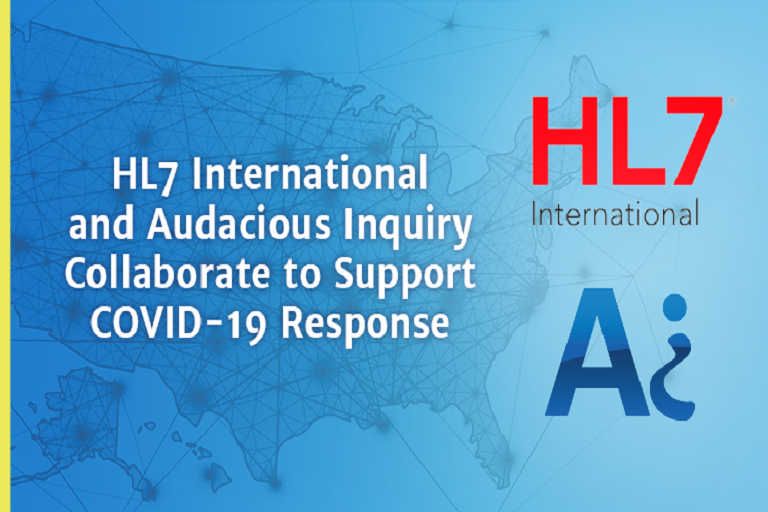New interoperability final rules expected to be published this week will expand use of application programming interfaces that make use of Fast Healthcare Interoperability Resources standards.
The new rules will feature the use of two approaches that have been developed by the Da Vinci Project, a private-sector initiative that’s seeking to use FHIR to improve data sharing in value-based care activities involving providers, payers and patients.
The inclusion of requirements for data sharing in the new rule lines up closely with two Da Vinci Project use cases for which implementation guides have been developed, said Alexandra Mugge, Deputy Chief Health Informatics Officer at the Centers for Medicare & Medicaid Services.
Mugge participated in an online roundtable event of the Da Vinci Project, one of several accelerator programs of HL7, a standards organization that has developed FHIR as a standard that makes it easier to exchange health data.
The inclusion of the use cases in the rule is important because it underscores the federal agencies’ efforts to promote the use of FHIR in standardized approaches that can be shared among various organizations in the healthcare industry.
“The CMS rule, in particular, creates a lot of new opportunities to expand API usage across the healthcare industry,” Mugge said. Initial requirements in the final rule will prompt payers to use APIs to enable faster data exchange with patients and with other payers.
However, federal agencies have given the industry some breathing room, acknowledging the enormous priority shifts required of health systems, provider organizations and payers in addressing the COVID-19 pandemic.
CMS is extending for six months its enforcement of API provisions for the Patient Access API and Provider Directory API policies. Mugge said both provisions still have an effective date of January 1, but actual enforcement won’t begin until July 1, 2021.
In the final rules, to be published May 1 in the Federal Register, both CMS and the Office of the National Coordinator for Health IT “have tried to demonstrate our commitment to the use of FHIR and the use of APIs for healthcare data exchange,” Mugge said.
Initial federal efforts to encourage interoperability through the Meaningful Use and the Promoting Interoperability programs focused efforts on data exchange by clinicians and hospitals. “These new requirements open the door for more API usage and interoperability on the payer side, engaging payers on these efforts for the first time.”
Specifically, the final rules call for payers to provide healthcare data to patients through the use of FHIR-based APIs, as well as using a similar methodology to make provider directories available to patients. The CMS rule mentions two implementation guides developed by the Da Vinci Project “that support the policies that we have finalized in this rule,” she said.
“While these implementation guides are not requirements of the rule, we believe they will significantly support and improve the implementation of these APIs on the part of payers,” Mugge added.
Implementation guides are standardized codes and approaches that give organizations across the healthcare industry a specific way to use FHIR to achieve certain capabilities.
The final implementation guides are mature uses of FHIR – developing these standardized approaches increase transparency and data exchange, but reduce the burden on industry players, giving them codes and approaches that are available to all, and saving the time and expense of developing their own one-off solutions.
The final rule also includes a provision on payer-to-payer data exchange that does not require the use of an API, but Mugge said CMS might consider this in the future.
The Da Vinci Project began in September 2018 to accelerate the standards required to advance value-based care through the use of HL7 FHIR.
“Through Da Vinci, we have worked with HL7, CMS and other stakeholders from the private sector to create an ‘industry first’ environment that not only values innovation but drives forward-thinking momentum to promote standards,” said Jocelyn Keegan, Da Vinci program manager.
“It’s this collaborative environment that has made it possible for Da Vinci to accelerate the development of multiple balloted standards,” she added. “We look forward to collaborating on best practices, tools and lessons learned with other organizations so we can work to fuel interoperability.”
























